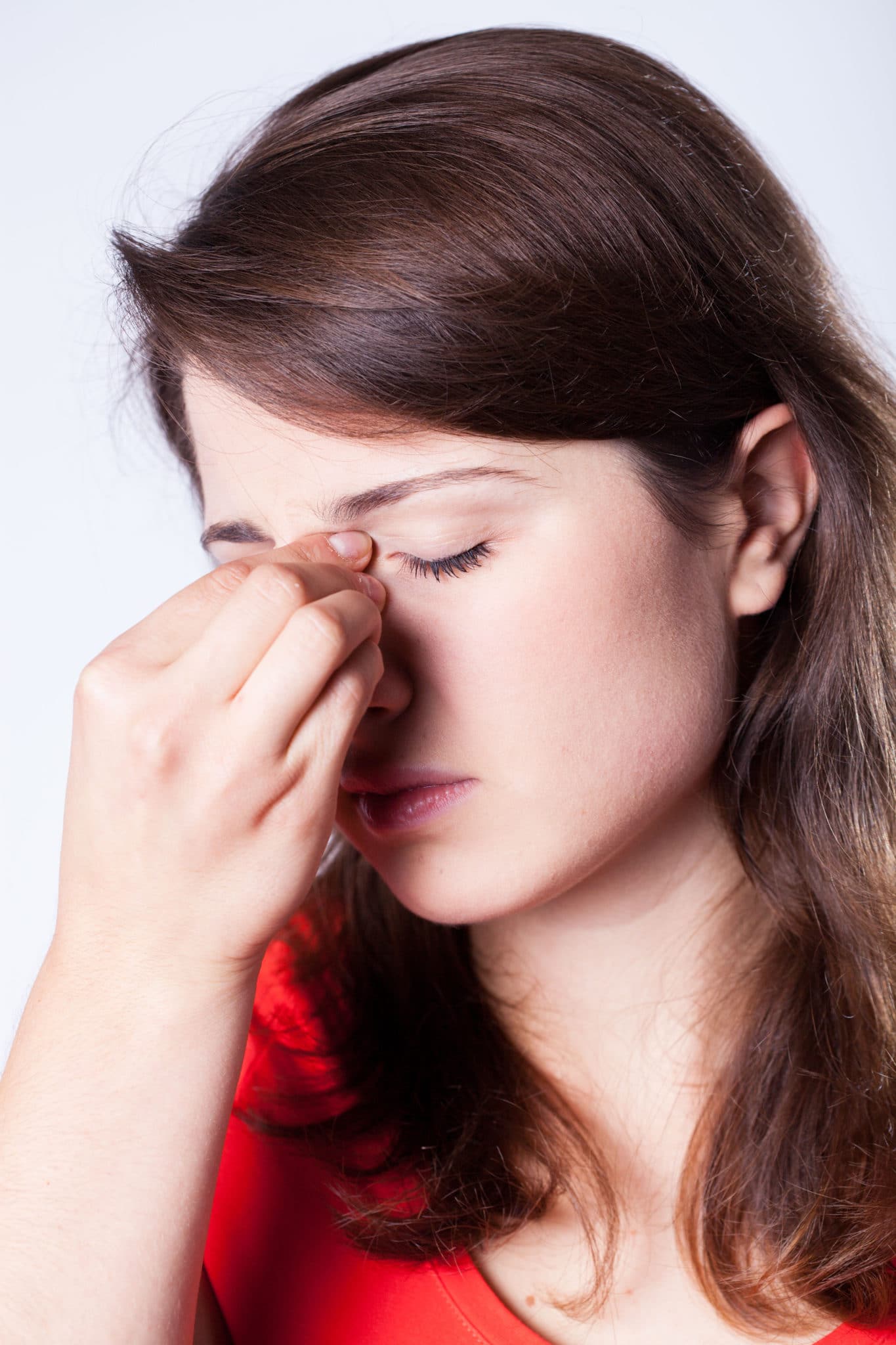What Causes Nosebleeds?
A nosebleed occurs when the interior lining of the nose becomes irritated or dries out. This causes the blood vessels to break and bleed.
The following can result in a nosebleed:
- Exposure to dry or cold air during winter
- Blood thinners
- Allergies, colds or sinus infections
- Blowing the nose aggressively
- Picking the nose
- Foreign objects in the nose
- Nasal trauma

What Causes Nosebleeds in Kids?
For children, the most common causes of nosebleeds include nose picking, allergies or dry air.
Are There Different Types of Nosebleeds?
There are two types of nosebleeds. Anterior nosebleeds, which occur in the front of the nose, are most common and are rarely serious.
Posterior nosebleeds, which originate at the back of the nose, are rare and more serious. Most common in the elderly, these require treatment by a medical professional.
How Can I Treat Nosebleeds at Home?
Start by gently blowing your nose while sitting up and leaning forward. This will help clear your nose of blood clots and reduce pressure in the nose’s blood veins.
Next, pinch your nostrils shut and breathe through your mouth for 10 minutes. This pressurizes the injury point and often stops the blood flow. If the bleeding continues after this, repeat the process. Seek medical attention if your nosebleed continues after repeating this process twice.
When Should I See a Doctor?
You should visit an ENT nasal specialist if you experience frequent nosebleeds, you’re having difficulty breathing, the bleeding continues after 20 minutes or your symptoms are the result of an injury to the face.
To treat your nosebleed, your provider may pack the nose with gauze to constrict the blood vessels or use cauterization or silver nitrate to seal the vessels.
Don’t Wait When You Need Treatment
Nosebleeds are often just an inconvenience, but if they don’t stop on their own, it’s important to seek medical attention. Our otolaryngologists at Alpine Ear Nose & Throat PC are here to help your nose stop bleeding and ensure that it is not caused by something more serious. Contact our office today if your symptoms are persistent.
Call Alpine Ear, Nose & Throat at for more information or to schedule an appointment.